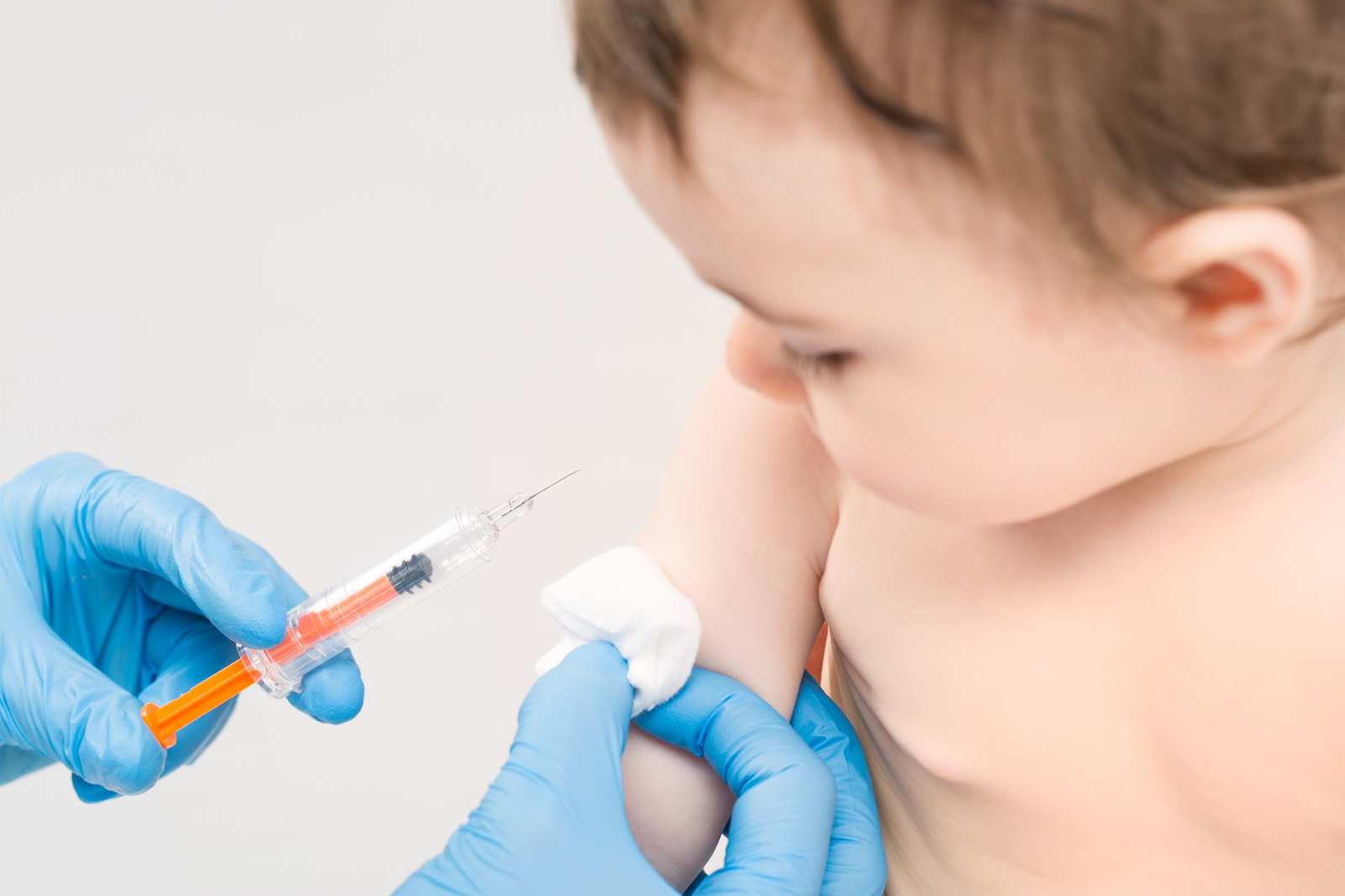The Local newsletter is your free, daily guide to life in Colorado. For locals, by locals.
Colorado’s had a contentious relationship with vaccines over the years, to say the least. That’s mostly because it’s one of just 18 states that allows parents to opt out of immunizing their children for personal reasons—instead of just religious beliefs or medical issues like a severe allergic reaction. The good news: More local kids than ever are getting their recommended shots on time, thanks to ramped-up efforts to keep track of and target undervaccinated populations in both rural, medically underserved areas and ultra-liberal urban centers.
One of those successful initiatives involved an online tool that connected mothers-to-be with experts. In a three-year study published this month, Kaiser Permanente researchers showed that pregnant Colorado women who had the ability to engage with a medical authority figure—such as a pediatrician and a vaccine safety specialist—were more likely to have their babies immunized in a timely manner than local mothers who only received information about vaccines during their infants’ well-child visits at two, four, six, and 12 months. The former group had access to a website the researchers designed that included information about vaccines and interactive features such as chat rooms, as well as blog posts and podcasts, that users could comment on. Participants could also privately email the experts to ask questions. (A third group could see the website but without any of the interactive elements; the proportion of those moms whose kids were up on their vaccinations was about equal to those who received just the standard care.)

Kaiser Permanente intentionally set up the study so the additional resources would be available to pregnant women, as the researchers had learned while conducting focus groups that many mothers started researching vaccines before they’d even given birth. “The ones who were most concerned had probably made up their minds by those child wellness visits at two months,” says Jason Glanz, a senior investigator at Kaiser’s Institute for Health Research and the lead author of the study. “And we had physicians telling us concerned parents had a ton of questions that they didn’t always have time to answer in those 20-minute visits.” If doctors and other experts could assuage fears about vaccines earlier in the information-gathering process, then perhaps parents would be more likely to follow the Centers for Disease Control’s vaccination guidelines.
And they were—almost six percent more. Glanz believes the experts’ honesty and ability to establish rapport was a key factor in the increased vaccination rate for the expecting moms with access to the website and its interactive components. “We were up front that nothing’s 100 percent safe,” he says. “We explained that vaccines have risks like everything else—that’s always our mantra—but that the benefits greatly outweigh the risks.”
One result that Glanz and the other researchers didn’t expect was the lack of interaction between the pregnant moms participating. They didn’t ask each other questions or swap anecdotes about what they’d heard on the vaccine subject. In a way, that makes sense, Glanz says, as it might be a bit unnatural to form a community around a healthcare provider. But he also noted that the website might have seemed outdated as time went on; between September 2013 and July 2016, when the study was conducted, social-media platforms such as Twitter, Instagram, and Snapchat sprang to relevance and created far fresher ways to engage with your peers.
The largest criticism, though, was that the researchers didn’t look into which element of the study had the most impact, an important piece given how many different features some of the participants had access to. Although Kaiser doesn’t have plans to address that gap in knowledge yet, researchers are evaluating many other aspects of vaccines, including whether spacing out your shots so your kid doesn’t get as many as quickly—something the CDC does not recommend—is safe or not as well as whether vaccine information geared toward parents’ attitudes, beliefs, and values is more effective than one-size-fits-all fliers.








